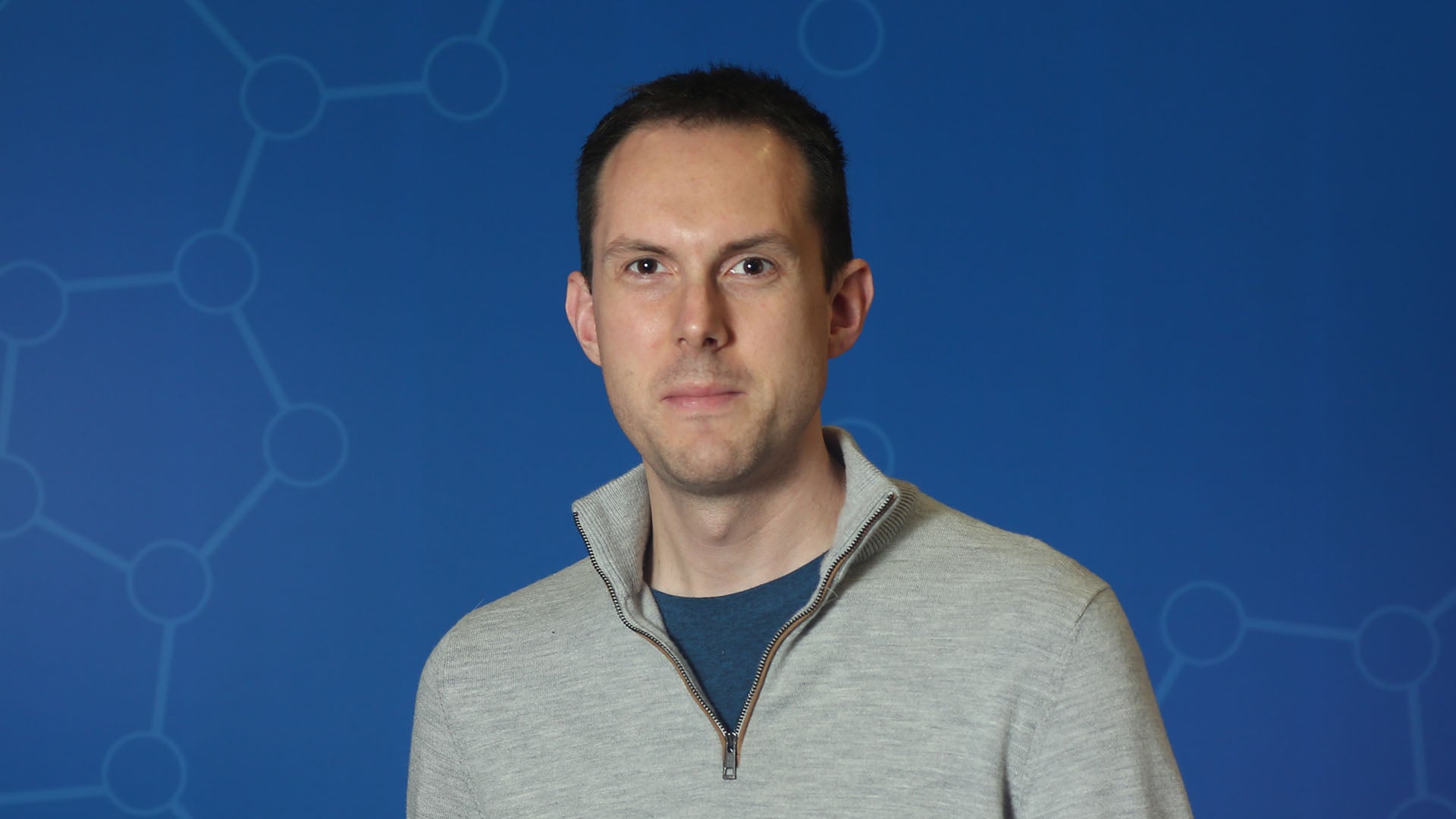Biochemist Michael Lukey joins Cold Spring Harbor Laboratory (CSHL) as the newest addition to its National Cancer Institute-designated Cancer Center. Lukey studies the metabolic reprogramming events that cancer cells undergo to feed tumor growth. He works on identifying vulnerabilities in these metabolic processes that can be targets for cancer therapy, including when breast cancer metastasizes to the brain.
“There’s a real need for new therapeutic strategies to treat brain metastatic breast cancer,” Lukey said. “I’m interested in understanding the details and the regulation of metabolic changes. What changes happen, how they happen, and then addressing the possibility of inhibiting these events to block tumor growth.”
Lukey studied biochemistry at Oxford University, with a focus on microbial metabolism, before completing a postdoc at Cornell University. As a postdoc, he transitioned to study human cancer metabolism, encouraged by technological developments that made detailed analysis of tumor ‘-omics’ more feasible.
With a lab in the newly-renovated Demerec building where researchers will approach cancer as a disease that involves the entire body, Lukey is contributing to CSHL’s interdisciplinary approach to combating cancer. “I am really impressed by the sense of a scientific community here,” he said. “There are researchers from different backgrounds with different interests working together, often providing a completely new perspective on important scientific questions.”
Written by: Sara Roncero-Menendez, Media Strategist | publicaffairs@cshl.edu | 516-367-8455
